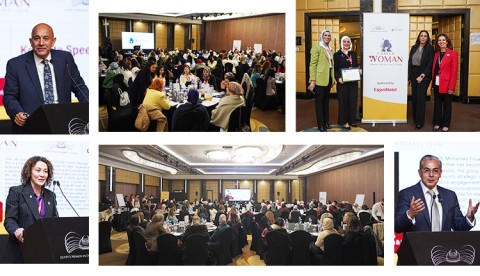Nigerian and German companies have signed two accords in Berlin, further strengthening economic ties between the two nations.
The first memorandum of understanding (MoU), a $500 million renewable energy pact, was signed between Union Bank of Nigeria and Germany’s DWS Group. The second MoU, a gas export deal, was signed between Riverside LNG of Nigeria and Germany’s Johannes Schuetze Energy Import AG.
The renewable energy pact aims to harness $500 million in investment in renewable energy projects across Nigeria, with a focus on rural communities. This will not only provide much-needed energy to these communities but also contribute to the country’s efforts towards sustainable development.
The gas export deal, on the other hand, will see Nigeria supply 850,000 tons of natural gas to Germany annually, with the potential to increase to 1.2 million tons. The first deliveries are expected in 2026.
One of the key benefits of the gas export deal is that it will help process about 50 million cubic feet per day (mcf/d) of natural gas that would have otherwise been flared.
Nigeria currently flares about 300 million cubic feet (mcf) of natural gas daily due to inadequate processing facilities, despite holding Africa’s largest gas reserves of over 200 trillion cubic feet (tcf).
President Bola Tinubu, who is attending the G20 Compact with Africa conference in Berlin, welcomed the deals. This is in line with Germany’s commitment to invest €4 billion in green energy projects in Africa by 2030, as announced by German Chancellor Olaf Scholz on Monday. Scholz also highlighted the potential for Africa to supply green hydrogen to Germany, as the country aims to achieve net zero emissions by 2045.
The German-African business forum, which took place before the G20 summit, aimed to identify business opportunities and coordinate the development agendas of reform-minded countries in Africa.
Under Tinubu’s leadership, Nigeria has embarked on bold reforms, including scrapping a popular petrol subsidy and lifting restrictions on foreign exchange trading. These reforms are aimed at making Nigeria more attractive to investors and reviving its economy, which has been weighed down by sluggish growth, record debt, double-digit inflation, and the theft of crude oil, its main export.








